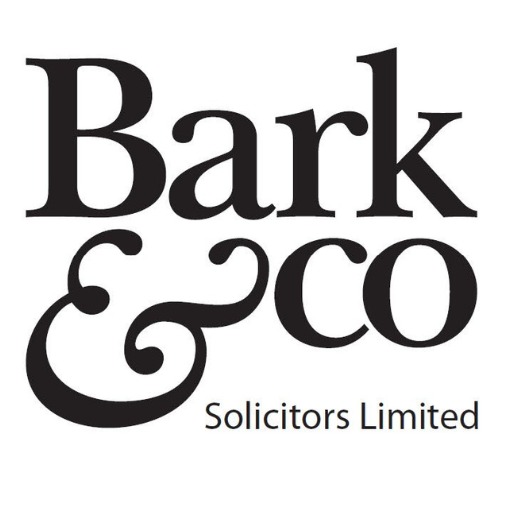Private Prosecution
Part 7 of the Criminal Procedure Rules 2007 and section 6(1) of the Prosecution of Offenders Act 1980 provide the powers for an individual to bring about a private prosecution in the criminal court.
Sections 2 and 4 of the Protection from Harassment Act 1997 create the criminal offences of harassment.
This would enable an harasser to be prosecuted utilising the same procedure as the Crown Prosecution Service.
Often a private prosecution is conducted because the police are slow or do not take action.
The lawyers on behalf of the individual bringing the private prosecution would take control of the prosecution, often preparing it to a higher standard and with more diligence and thus providing a better chance of success then if it was left to the Crown Prosecution Service.
Initially evidence would be prepared. This could take the form of a single statement sworn on oath or something more sophisticated including an expert report or video footage or data records. This evidence, along with a charge sheet and draft summons would be laid before a Magistrates’ court. The Court clerk would consider the documents and If appropriate pass them onto a Magistrate. The Magistrate would then decide whether to issue the summons or not. If issued then this would provide an initial time and date for the harasser to attend court to face the charge. Thereafter, after the first appearance direction will be set for the matter to proceed to trial.
However at any stage the Crown Prosecution Service can ‘take over’ the Private criminal prosecution and can then either continue with it or ‘drop it’. The harasser may also make written representations to the Crown Prosecution Service asking them to take over the prosecution and drop it.
The standard of proof in the criminal court is very high (beyond reasonable doubt).
If successful, then the harasser would be subject to the sanctions of the criminal court.
A conviction for harassment under section 2 of the Protection from Harassment Act 1997 carries a maximum of six month’s imprisonment and /or a level 5 fine (summary only offence).
A conviction for stalking under section 2A of the Protection from Harassment Act 1997 carries a maximum of six month’s imprisonment and /or a level 5 fine (summary only offence).
A conviction for harassment (fear of violence) under section 4 of the Protection from Harassment Act 1997 carries a maximum of five year’s imprisonment and /or a fine on indictment (either way offence).
A conviction for stalking (fear of violence/serious alarm or distress) under section 4A of the Protection from Harassment Act 1997 carries a maximum of five year’s imprisonment and /or a fine on indictment (either way offence).
A breach of a civil injunction under section 3(6) of the Protection from Harassment Act 1997 carries a maximum of five year’s imprisonment and /or a fine on indictment (either way offence).
A breach of a restraining order under section 5(5) of the Protection from Harassment Act 1997 carries a maximum of five year’s imprisonment and /or a fine on indictment (either way offence).
Unlike civil proceedings, costs can be recovered from the Government if successful (and sometimes even if not successful). However a private prosecutor may have to pay the costs of the person found not guilty.
Even if a person is acquitted of harassment, the criminal court can still impose a restraining order. The power to do this is contained within section 5A of the Protection from Harassment Act 1997.
The Crown Prosecution Service have published guidance on private prosecutions.

